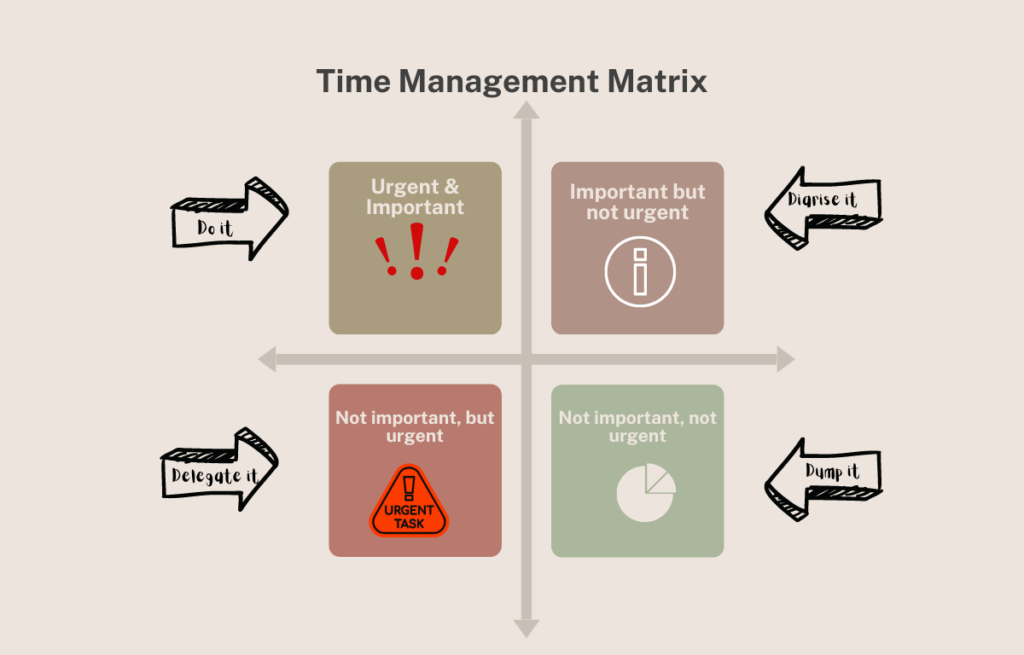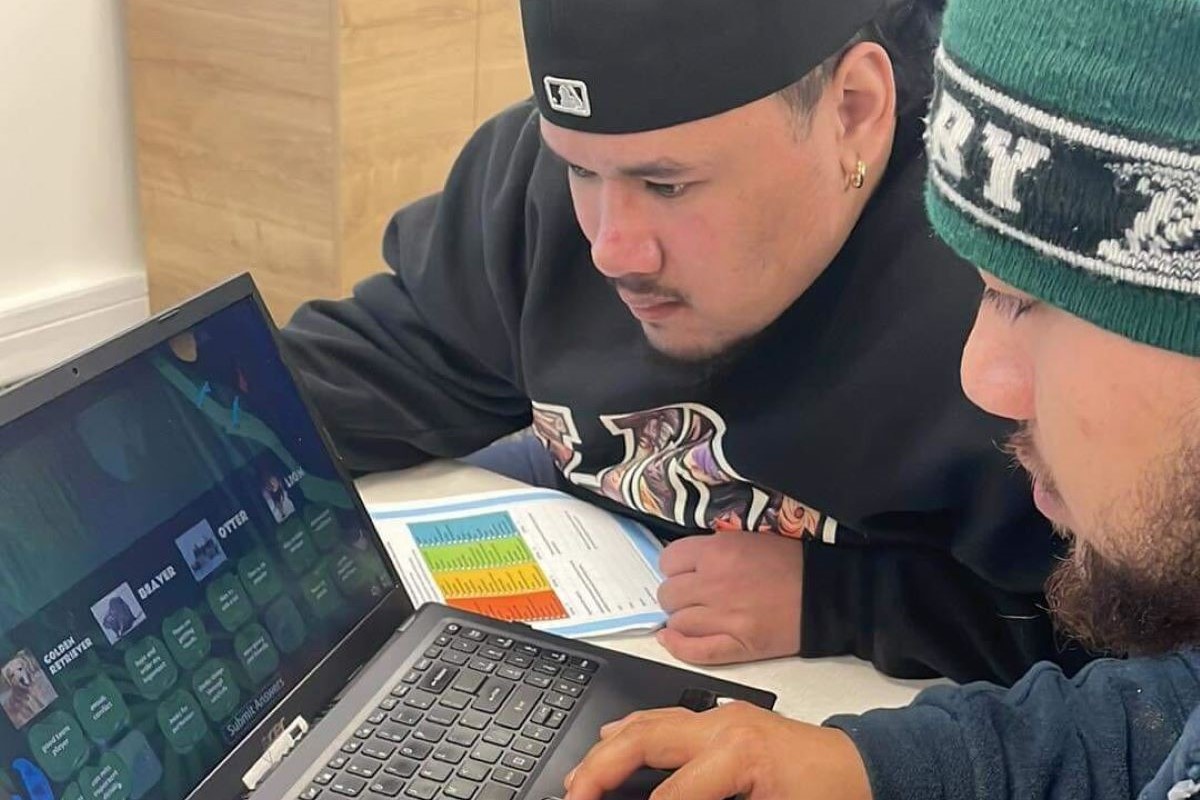One-to-one coaching is the key to success
When we step into a leadership role it requires loads of leadership skills to go with the change. Yet often leaders are promoted because they are good technically, rather than with soft skills.
In this article, we explore how you can provide support through your one-to-one coaching conversations. Specifically, we see 5 things emerging leaders struggle with:
-
Schedule those one-to-one coaching conversations
Make space to support your team and put structure around it so team members feel valued and can see your commitment. Lock weekly or fortnightly non-operational one-to-ones in the diary to make this space. Encourage your new leaders to do the same with their people.
-
Let go of some old jobs
Stepping up to leadership means letting go of some of the old jobs, new leaders can struggle with this. This is where they can fall into the busy work and trap of ‘if you want it done properly, you have to do it yourself.’ Equip them with the right skills to delegate effectively, as part of learning about prioritising and managing workflow. The Eisenhower Matrix (below) is a powerful coaching tool for reviewing the to-do list with your new leader and evaluating their priorities.

-
Communication is everything
Sometimes new leaders can miss the opportunity to communicate effectively up and down the organisation. Coach them to communicate more rather than less. Ask them to reflect on how they keep people in the loop. Invite them to consider their stakeholders, and be intentional about their messages. If someone responds to figures and outcomes, then give them these upfront. However, if they are people-focused and relational, consider that in the way you communicate messages. This is where a framework for understanding communication differences, like TetraMap®, can assist with effective communication.
-
Dig into empathy
It’s easy to get frustrated in a leadership role when people don’t behave in ways you expect. Instead of getting stuck in a blamestorm spiral, help emerging leaders frame this as ‘the behaviour’ rather than ‘the person’, “Good person, bad day”. Or as leadership researcher, Brene Brown puts it: ‘What if everyone is just doing the best with what they have?’ Digging into empathy goes a long way in building connections and relationships.
-
Challenge leaders to see mistakes as a learning opportunity
That’s not to say we want mistakes to happen, but when errors occur there is always a point of reflection and learning to take out of the experience. If we’re explicit about this it goes a long way to creating a growth mindset for leaders and their teams. Learning from mistakes drives innovation and continuous improvement.
Need more?
Another way you can assist with the 5 things emerging leaders struggle with is through continuous learning. We offer several courses designed to help equip your leaders with the right tools to succeed confidently. The first four listed below enable participants to achieve an NZQA accreditation to Level 3.
Pop-up Leadership – for when you have 1 or 2 team members who would benefit
New Zealand Certificate in Business Team Leadership – for single entity cohorts
Te Puni Kōkiri cadetships – the Cadetship programme aims to develop, mentor and train Māori staff at all career stages into higher-skilled roles. They are designed for single entity cohorts
He Muka Tangata – a new offering, our own Upskills public Te Puni Kōkiri cadetship for kaimahi Māori working in operational roles across different organisations and sectors
Future Ready Introduction to Leadership – a course designed to improve leadership skills for your Pacific people
Future Ready Leadership Confidence – builds confidence in your Pacific people with leadership roles






